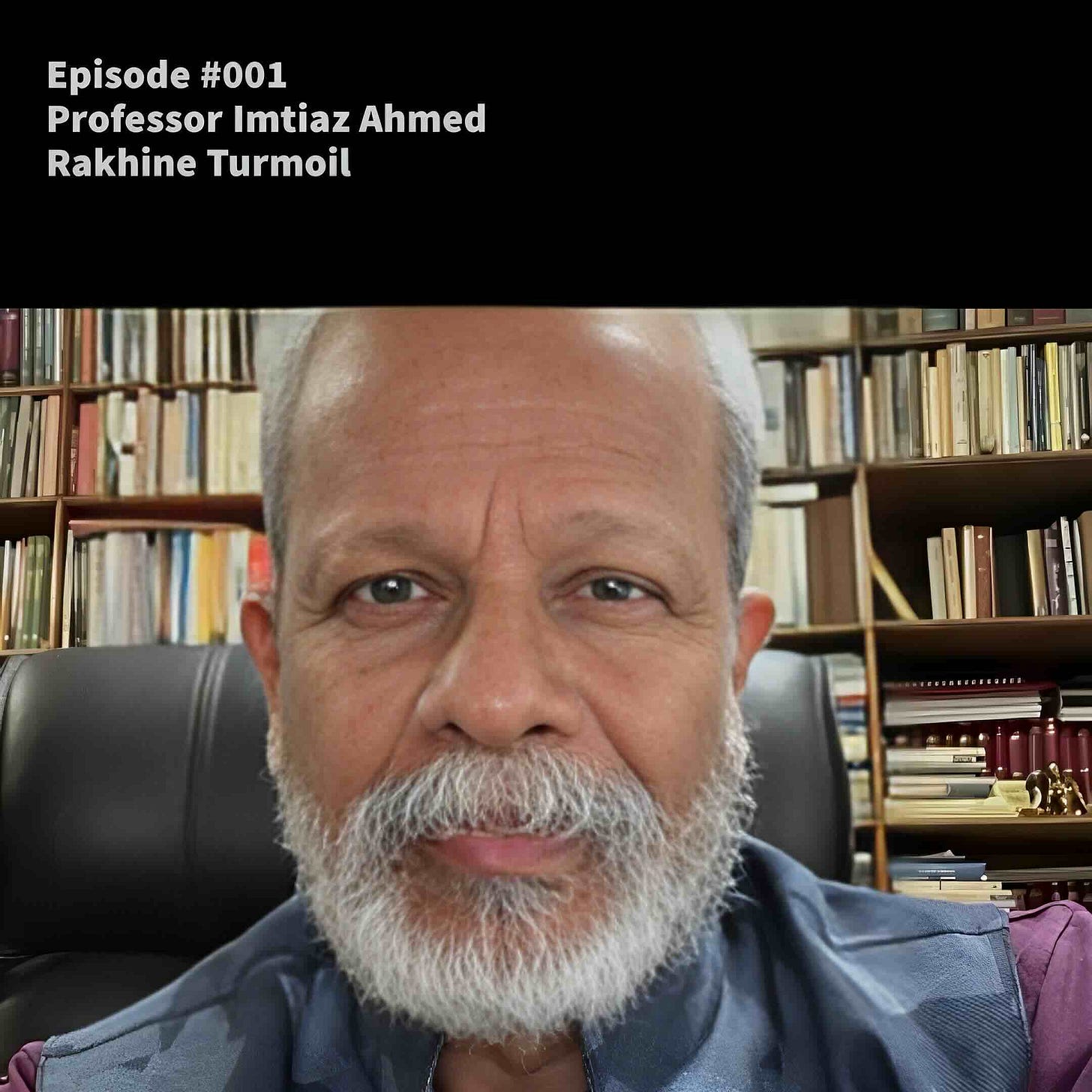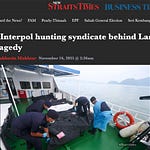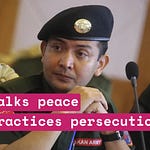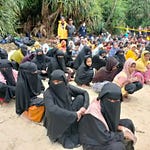The United Nations Office for the Coordination of Humanitarian Affairs (UNOCHA) has recently released a statement that paints a grim picture of the current situation in Rakhine State. The report details the plight of over 26,000 displaced individuals, adding to 63,884 IDPs, along with approximately 150,000 predominantly Rohingya IDPs in Sittwe and Pauktaw from previous conflicts. A sweeping ban on travel has severely impeded aid efforts, trapping the region in a cycle of suffering and despair.
The unfolding story in Rakhine is deeply troubling. The Rohingya, already scarred by a history of systemic persecution, are now grappling with a fresh spate of casualties. These are not mere statistics; they reflect the harsh and ongoing realities faced by this community.
The pressing question that emerges is: What's next for Repatriation? Did Bangladesh and China miscalculate in hatching the pilot repatriation programme?
This is the question I posed to renowned academic and Rohingya expert Professor Imtiaz Ahmed in our inaugural episode of the Rohingya Refugee News podcast.
In response, Professor Ahmed doesn't specifically address Bangladesh's intelligence miscalculation regarding Rakhine State. Rather, he redirects the conversation towards the broader dynamics of instability in Myanmar, emphasising the necessity of a comprehensive approach. A key element of his proposed strategy is a 'mini Marshall Plan,' intended to address the situation more comprehensively and holistically.
Initially, Ahmed discusses the nature of regimes like Myanmar's, which thrive on instability, and the role of the military in maintaining power through such instability. He labels this as a "military business complex," suggesting that the Myanmar military benefits from ongoing conflict and unrest.
Further in our conversation, Professor Ahmed proposes a 'mini Marshall Plan,' akin to Europe's post-WWII reconstruction, arguing that economic incentives and stability could be more lucrative for the Myanmar military than the current conflict. Such a plan, he believes, might make Rohingya repatriation both feasible and appealing to the military.
Throughout our dialogue, Professor Ahmed implies that Myanmar's military is a deeply entrenched and influential entity in the nation's political and economic fabric. His discussion surprisingly implies an expectation of the military's ongoing centrality in Myanmar's affairs.
In our discussion, I raised concerns about what I perceive as a common oversimplification in the narrative surrounding the situation in Myanmar. Proponents of Rohingya repatriation often assert that the military rule and instability in Myanmar have always been present, suggesting that we cannot wait indefinitely for change. However, this view overlooks a crucial and disturbing element: the reality of genocide. It's not merely about longstanding military rule or instability, but also about acknowledging and addressing the severe and ongoing genocide against the Rohingya people.
Tune in to hear Professor Ahmed's insightful responses.
Finally, during the discussion, I reference a seminal paper authored by Professor Ahmed back in 2001. Download it here
PS: The podcast has been auto-transcribed. You can find it in one of the tabs. While there may be transcription errors, you can listen to the audio alongside the script for a fuller experience.










